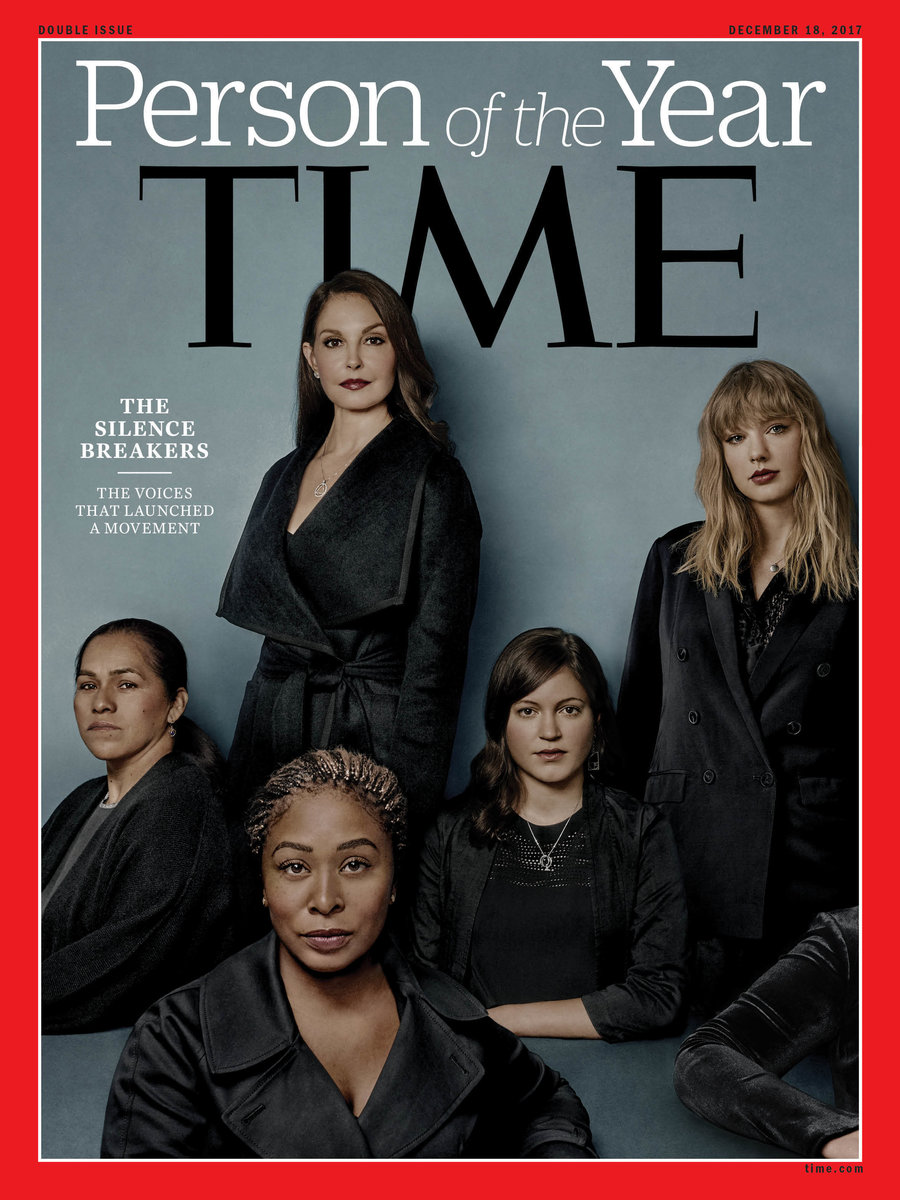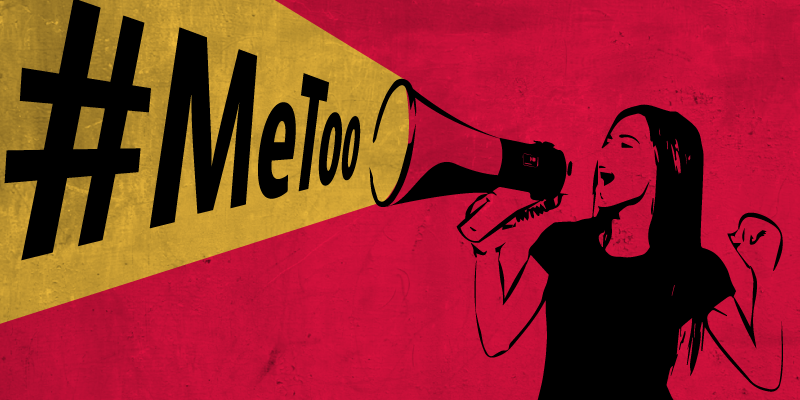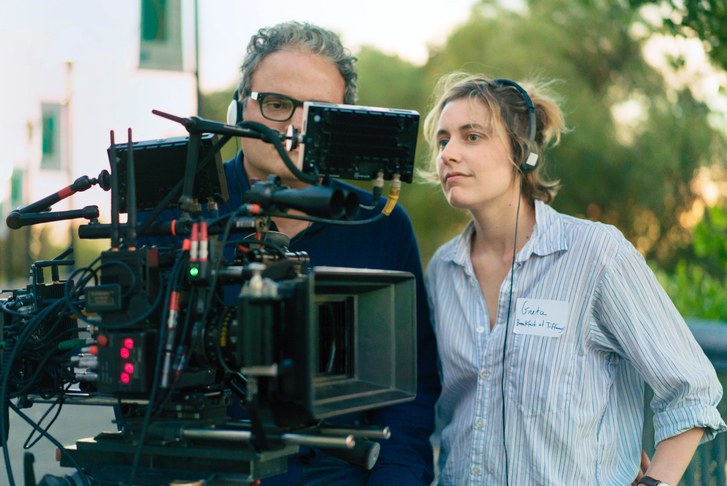Film: From A Female Perspective
February 6, 2018
Prior to 2017, people like Harvey Weinstein and Kevin Spacey were known simply for making and starring in popular movies, including “The Hateful Eight”, “Lord of the Rings”, and “Kingsman”. It wasn’t until 2017 that accusations of sexual harassment and assault rose up against Spacey and Weinstein, amongst many others. Last year encompassed many significant milestones in the US, but one of the most influential was the #MeToo Movement. A woman or man using the phrase #MeToo meant he or she had been a victim of sexual assault. The United States Department of Justice defines “sexual assault” as ‘any any type of sexual contact or behavior that occurs without the explicit consent of the recipient.’” Time Magazine recognized the movement as its Person/Persons of the Year, and it still hasn’t lost any traction even now in 2018. While the #MeToo movement is prevalent in all areas of society, the film industry has some of the most well-known victims and abusers. Just a few of these include Johnny Depp, James Franco, Aziz Ansari, and Casey Affleck.

As an aspiring female director, I can’t help but be afraid of the film industry and the unbalanced power dynamics within it. The inequality that exists currently is nothing new. The difference now is that women are gathering the confidence to speak up. I am excited to be a part of this new generation of filmmakers who will hopefully see females in Hollywood on the same level as their male counterprts. The first step to leveling the playing field in film is to address the lack of equal pay, which is an issue across all trades. Actresses like Oprah Winfrey and Emma Stone already having talked to this concern.

Although problems like equal pay haven’t reached me personally, as I am still in high school, I have been a witness and victim to sexism while on film sets. My experiences are obviously nothing compared to the survivors of the #MeToo Movement, but it is still clear how sexist the film industry is on all levels. Once while on set, the director of the shoot told me to be the light operator because I wasn’t “strong enough to hold the camera and it would be too complicated for me”, even though I had the same level of experience as the person who ended up being given the job. There have been times on set that I would explain how to move the perspective in a shot or how to change the exposure on the camera, and other male students would look at me like I wasn’t even speaking English. Keep in mind I was the director of this shoot and was trying to manage my own film. These experiences, and many others, are evidence of the old film industry mentality that needs to be left behind.

After explaining my situations to a film teacher of mine, William Palumbo, a film teacher at Emerson College, told me to never stop giving direction even if nobody may be listening. To all females, working in the film industry or otherwise, the best thing to do is to take the high road and stand your ground. No matter what, never let your gender, race, sexual orientation, or anything else keep you from doing what you love and loving what you do. While 2017 may have been a tough year, the Me Too Movement, Greta Gerwig’s Oscar nomination for best director, and the feminist movement continuing to speak about women’s rights, my hope is that we will be seeing major modifications within the film industry in the coming years.
Alex Harrison • Feb 22, 2018 at 5:31 pm
Great article! What a great intro to the exciting new Hawk Eye News app!